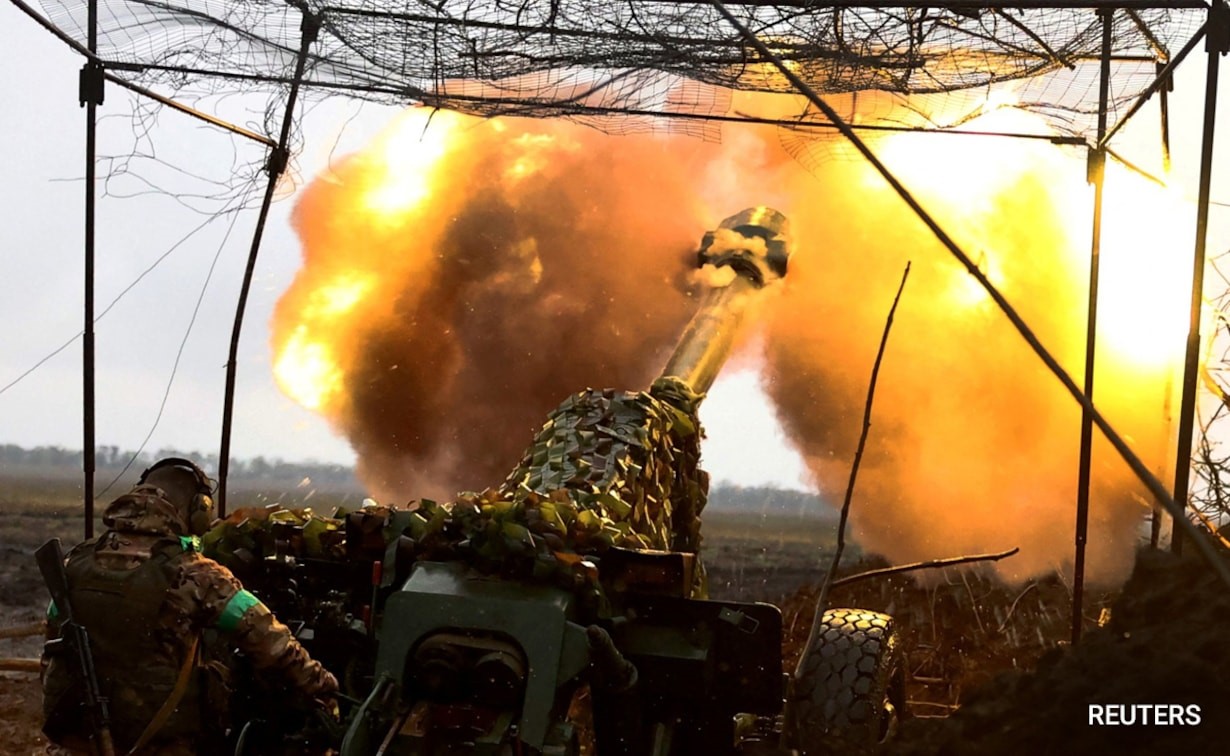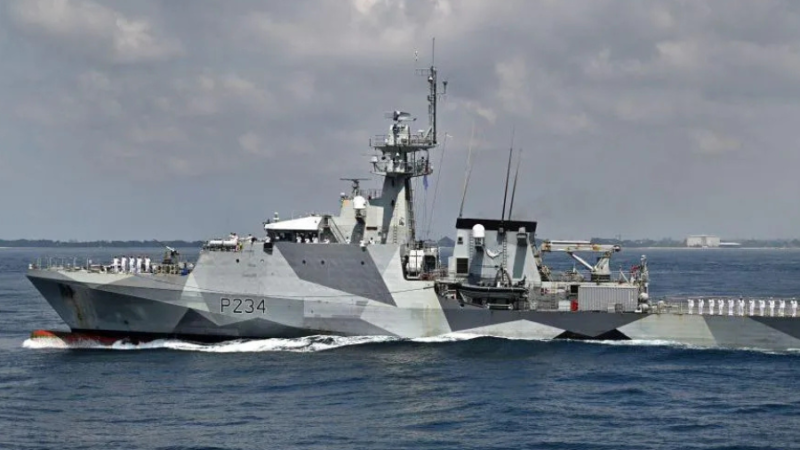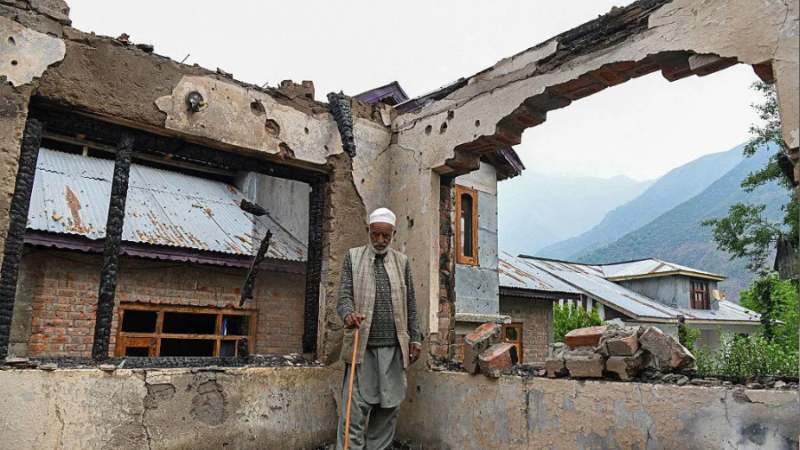North Korean Artillery Launch Spurs South Korean Island Evacuation

North Korea unleashed more than 200 artillery rounds into the sea near the heavily fortified maritime border with South Korea, prompting an evacuation order for residents of two South Korean islands. Although the defence ministry did not explicitly confirm the cause of the evacuation, a text message sent to residents referred to “naval fire” by South Korean troops starting at 3 p.m. (0600 GMT) on Friday.
Yeonpyeong Island, situated just south of the disputed Northern Limit Line (NLL), witnessed the evacuation at the South Korean military’s request. Further west, residents of Baengnyeong Island, located near the sea border, were also instructed to evacuate. Local sources confirmed the evacuation order was issued after a request from the South Korean military.
North Korea’s artillery fire, reportedly exceeding 200 rounds, resulted in no damage in South Korea, as indicated by military briefings. The shells landed north of the Northern Limit Line (NLL), a de facto sea boundary between the two Koreas. South Korea’s Joint Chiefs of Staff labelled the firing a violation of a 2018 military agreement, deeming it a provocation, but emphasised that no damage was incurred.
While the defence ministry refrained from explicitly linking the evacuation to North Korea’s artillery firing, it was initiated amidst escalating tensions. South Korea’s military emphasised the need for an evacuation, citing a situation involving North Korean provocation. Seoul warned that it would respond with ‘appropriate’ measures to North Korea’s shelling.
The delicate situation underscores the ongoing strains between the two Koreas, with North Korea’s actions challenging established agreements and prompting responses from its southern counterpart. The region remains on edge, grappling with the intricacies of military provocations and their potential impact on civilian populations.
This latest incident reflects the ongoing geopolitical complexity in the region, where any military manoeuvre or provocation has far-reaching implications. As diplomatic efforts persist, there is a heightened awareness of the need for strategic responses to maintain stability on the Korean Peninsula.






